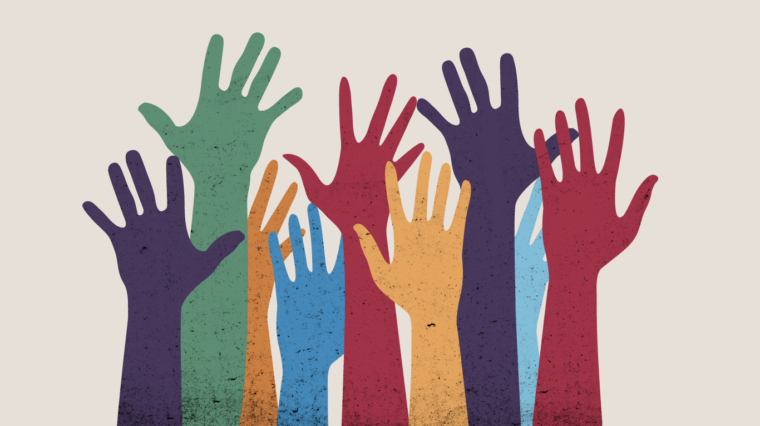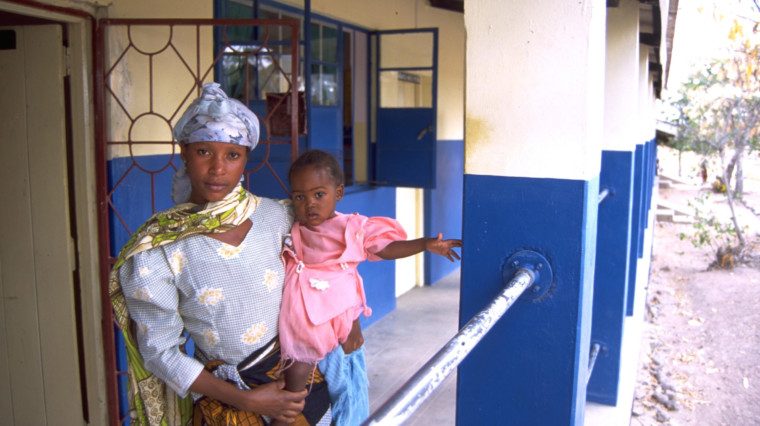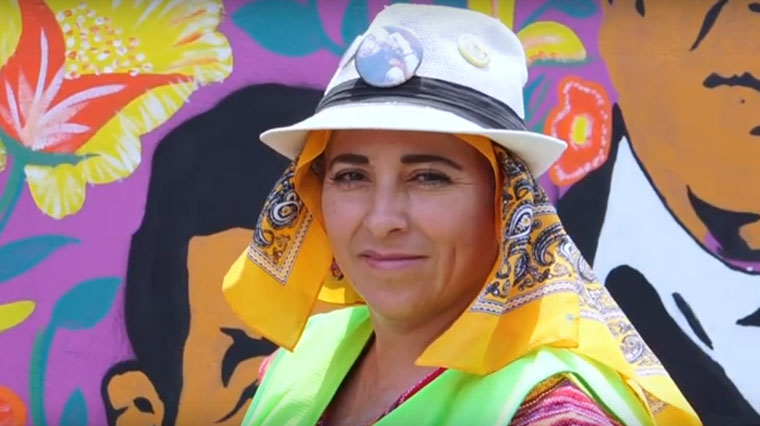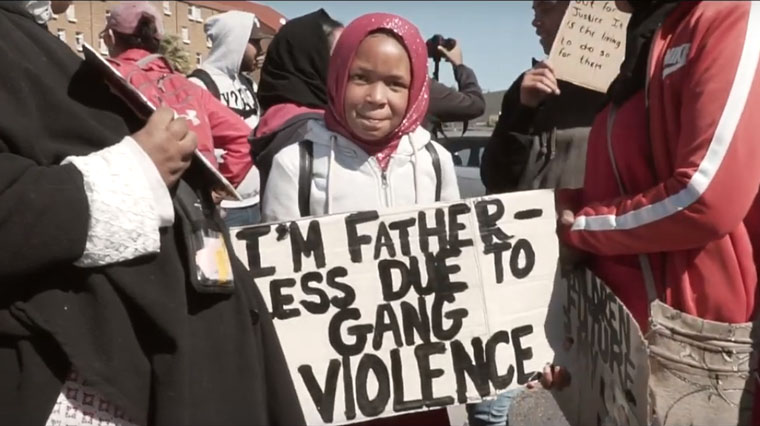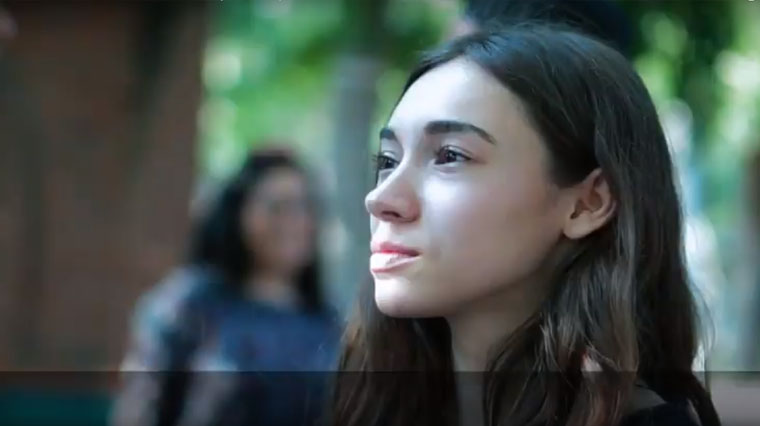Healing through Resilience and Dialogue
Published on January 10, 2020
Recently, Cape Town has been in the headlines for the wrong reasons
As The Guardian reported in a series on South African cities in October 2019, after almost a thousand murders in the first six months of 2019 in the Cape Flats area of the city, the army was deployed to try to impose some kind of order.
The reception to the military presence has been mixed in the Cape Flats communities, and even if a short-term reduction in violence is achieved, the underlying social conditions that catalyze the high levels of gang-related violence will require more than the presence of the army to reverse.
In the Cape Flats, along with countless other communities around the world, there are community champions, activists, collectives and community groups coming together to help forge a different future.
In the face of the pernicious and insidious damage inflicted by organized crime, and inadequate, counterproductive – or even lack of – state responses, members of the community are looking to form their own responses and build pockets of resilience.
As part of the Resilience Fund’s efforts in supporting these initiatives, On 29 October 2019, the Global Initiative partnered with the Manenberg Safety Forum (a Cape Town community organization) in hosting a resilience dialogue in Cape Town.
The event was attended by several community activists and community leaders from a number of crime-ridden neighbourhoods, including Hanover Park, Manenberg, Wesbank, Ocean View and Gugulethu.
There were discussions on how employment is key as a means of providing a sound economic alternative for young people, who often join gangs as a source of livelihood.
Christopher Louw of Harambee, a not-for-profit organization, explained how the NGO tackles youth unemployment by providing work-seeker support through skills development and by arranging interviews for young people.
We [journalists] are not the enemy; we are here to share your voice and support you.
Some of the activists voiced concerns about their safety when sharing stories with journalists; there have been instances where sources’ names have been revealed despite requests for anonymity.
De Wee reassured everyone that journalists are there to assist activists in their fight against crime. She provided tips to activists wanting to raise awareness on issues in their communities and how to build relationships of trust with journalists.
She gave the details of a former journalist who provides media training workshops, with a view to encouraging activists to post their stories without having to rely on traditional media outlets. This was particularly helpful for those who want to share their stories but are dissuaded from doing so out of fear of testifying in court.
The work of activists can be emotionally taxing and may adversely affect their health.
All of them acknowledged that they need to take care of themselves and learn how to heal before they can help others with their challenges.
It was encouraging to hear them speak about forgiveness, even going so far as to forgive their children’s murderers, as a step towards healing.
I needed forgiveness to heal myself. Forgiving my son’s murderers doesn’t mean that what they did is acceptable or that they shouldn’t be brought to justice. But I needed to heal.
The day ended with planning for a ‘healing circles’ scheduled for 22 November 2019, the aim of which will to be acknowledge that although pain is lifelong, healing is necessary for individuals and communities to become stronger and resilient.
Participants were interested in learning about the objectives of the Resilience Fund, how the media can assist activists and the importance of self-care.
With the support of the Resilience Fund, the optimism inspired by events such as these will help others to find the strength to help their communities build resilience in Cape Town, in other cities in southern Africa and beyond.
